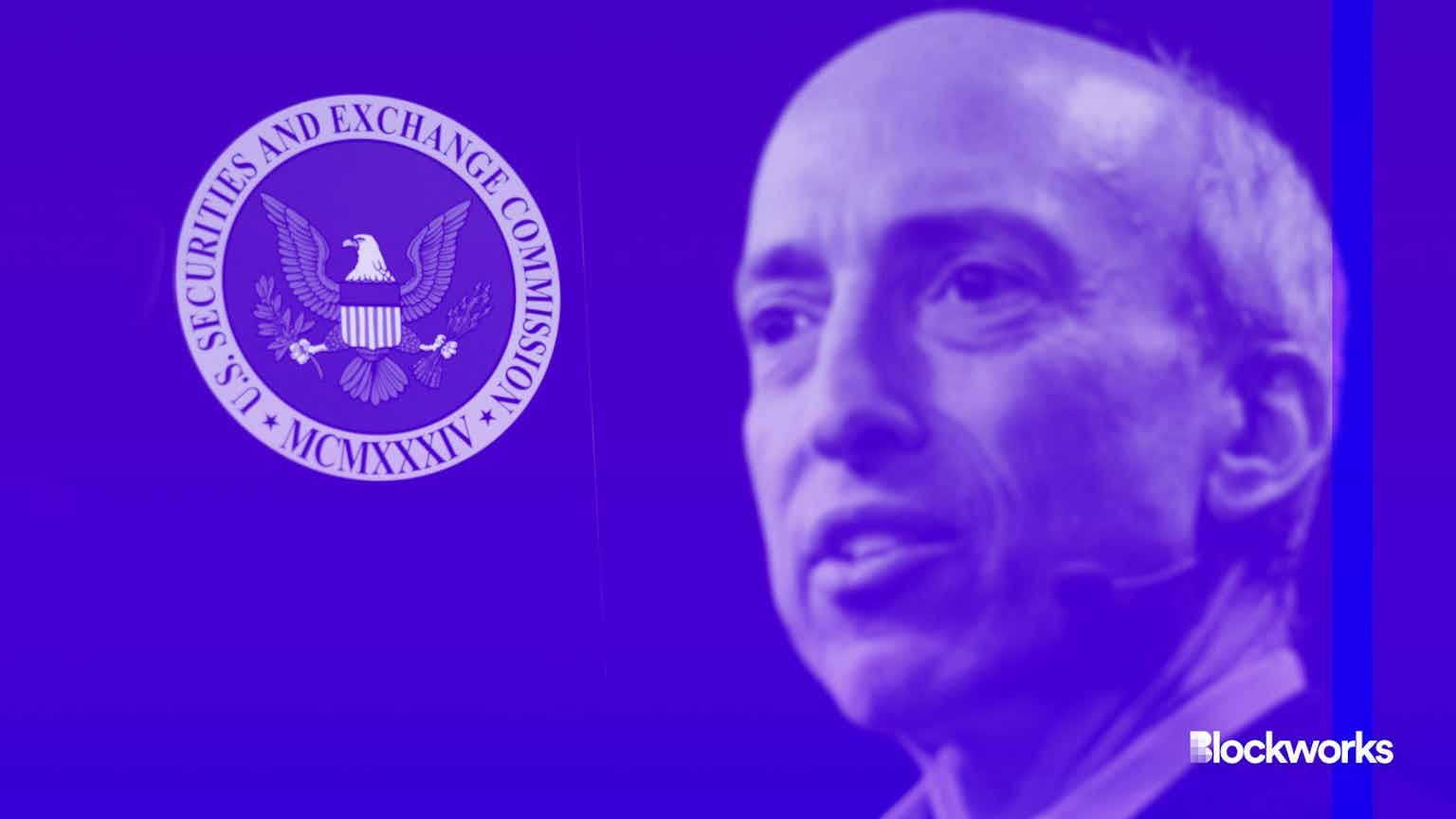Despite $27M Loss, MicroStrategy Records Improved Q3 As Bitcoin Holds Steady
The firm plans to continue buying and holding bitcoin after its digital asset impairment charges plummeted quarter-over-quarter

Blockworks Exclusive Art by Axel Rangel
Despite posting a net loss for the third quarter, MicroStrategy booked a dramatic improvement from the preceding three months amid muted bitcoin volatility.
MicroStrategy executives said during an earnings call Tuesday that the firm plans to continue buying and holding bitcoin, with no plans to sell.
The Virginia-based business intelligence firm reported a net loss of $27 million in the third quarter — a drastic improvement from its $1.1 billion net loss in the prior three-month period.
MicroStrategy’s digital asset impairment charges — which comes into play if the market value of bitcoin decreases below the market-adjusted purchase value of the firm’s — were $700,000 during the third quarter, compared to $918 million in the second.
The company’s stock was up 5.8% in early after-hours trading in New York. MicroStrategy is down roughly 54% on the year.
The largest publicly traded corporate owner of bitcoin (BTC), MicroStrategy holds 130,000 bitcoins after buying 301 BTC during the third quarter. The value of those bitcoin holdings, as of Sept. 30, was nearly $2 billion, reflecting cumulative impairment losses of about $2 billion since their purchase.
“In terms of a potential, more severe macro downturn, I think we do not have any plans to adjust our bitcoin strategy,” Chief Financial Officer Andrew Kang said on the earnings call. “We do, as we always have, view our investment as a long-term view, importantly through cycles…and we will continue to believe in that core principle.”
MicroStrategy Executive Chair Michael Saylor said bitcoin volatility has improved in recent months. The asset’s volatility dipped below that of the Nasdaq and the S&P 500 equity indexes for the first time since 2020, according to Kaiko data.
“That’s really bullish for the asset class, and auspicious,” Saylor said.
Firm execs don’t address alleged tax evasion
The third quarter results come as MicroStrategy and Michael Saylor are defendants in a lawsuit launched by the attorney general for Washington, DC.
Attorney General Karl Racine alleged in September that Saylor personally illegally avoided more than $25 million of DC taxes over about a decade by claiming to be a resident of other jurisdictions, including Florida. Racine also alleged that MicroStrategy conspired in the tax evasion.
Douglas Gansler, a partner at Cadwalader, Wickersham & Taft — the law firm whistleblowers first came to — told Blockworks the damages could total roughly $165 million.
Saylor, in a statement sent to Virginia Business in September, said he “respectfully disagrees” with the tax fraud allegations, while MicroStrategy said in a statement that the claims against the company are “false.” Eugene Scalia, a partner in the DC office of Gibson, Dunn & Crutcher and former US secretary of labor, was set to represent Saylor in the suit.
Company executives did not comment on the lawsuit during the call.
Start your day with top crypto insights from David Canellis and Katherine Ross. Subscribe to the Empire newsletter.





